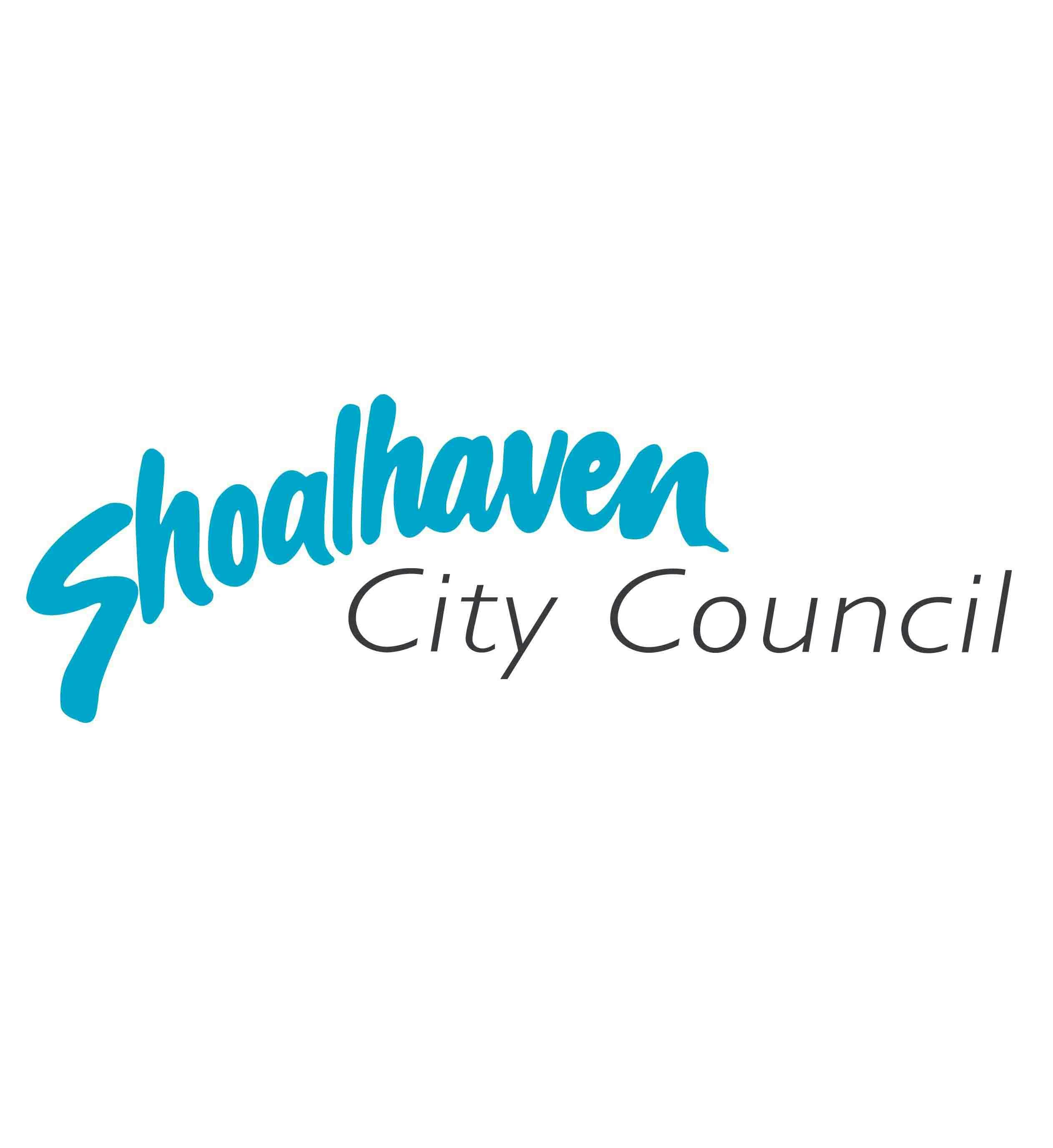Shoalhaven Coastal Management Programs
Stretching over 165kms, the coast is one of the Shoalhaven’s greatest assets. Our community values the remarkable coastline for its environmental, social, cultural and economic benefits. However, the coast faces many challenges with the potential to impact how we enjoy living by the water. How we manage our coastline is crucial to current activities and in preparing for the future.
Why is Council Creating Coastal Management Programs?
Coastal Management Programs (CMPs) are required in accordance with the Coastal Management Act 2016 for our estuaries and coastline, to replace the pre-existing Coastal Zone Management Plans (CZMP), developed under the now repealed Coastal Protection Act 1979, and Estuary Management Plans.
The CMPs will be developed and guided by the NSW State Government's Coastal Management Manual.
What is a Coastal Management Program (CMP)?
A CMP is a long-term strategy for managing the coastal regions in the face of future climate risks. A CMP provides the framework and strategy that will be used to manage our coastlines and estuaries.
The CMPs will consider:
- Historic events
- Current conditions
- Future trends including population growth, environmental conditions, and climate change
CMPs identify coastal management issues, and the actions required to address these issues in a strategic and integrated way. It will also detail how and when those actions will be implemented, the cost, and funding mechanisms.
CMPs are developed in accordance with the Coastal Management Program Legislation and guided by the NSW State Government's Coastal Management Manual.
Through five stages of development, each CMP will work to determine risks and vulnerabilities associated with coastal hazards, identifying opportunities and options to mitigate these risks through management actions. The CMP will outline how and when each management action will be implemented, the associated costs, and potential funding mechanisms. Stages 1-4 develop and build the business plan in close consultation with the community and state government agency stakeholders. Stage 5 focusses on the implementation of the management actions over a 10-year timeframe.
What are the stages of developing a CMP?
CMPs are broken down into five stages that are designed to:
- Address coastal hazard risks
- Preserve habitats and cultural uses
- Encourage sustainable agricultural, economic and built development in the coastal zone
- Maintain or improve recreational amenity and resilience
- Adapt to emerging issues such as population growth and climate change
View the Five Stages of a CMP newsfeed below to see the details for each stage.
How many CMP’s is Council preparing?
The coastal landscape of Shoalhaven LGA is a valuable natural, social, and economic asset for the community and visitors alike. Council manages 40 of the 109 beaches and 11 of the 15 lakes and estuaries.
The Stage 1 CMP Citywide Scoping Study identified the priority areas and groupings for development of Council’s CMPs based on the risks, complexities, level of development of coastal management, as well as community and stakeholder feedback. This would allow Council to break the CMPs into smaller compartments to address the need for site specific management actions and priorities in each area.
The recommended priority and groupings for development of the Coastal Management Programs is below:
- Lake Conjola (high priority)
- Shoalhaven Open Coast (high priority)
- Jervis Bay (high priority)
- Sussex Inlet, Swan Lake and Berrara Creek (high priority)
- St. Georges Basin (high priority)
- Lower Shoalhaven River (high priority)
- Lake Wollumboola (medium priority)
- Burrill Lake, Lake Tabourie and Willinga Lake (medium priority)
- Currambene Creek and Moona Moona Creek (medium priority)
- Shoalhaven Urban and Rural Estuaries (lower priority)
Council is working collaboratively to develop these important programs for each community and has so far received CMP funding for Lake Conjola, Open Coast and Jervis Bay, Sussex Inlet, St. Georges Basin, Berrara Creek and Swan Lake and the Lower Shoalhaven River.
CMPs will be developed with the guidance and input from our Coastal Management Program Advisory Committees.
The Shoalhaven Open Coast and Jervis Bay CMP was successfully completed and adopted by Council at the Ordinary Meeting of 6 May 2024. Following this, the CMP was certified by the Minister in August 2024 and then gazetted under the Coastal Management Act 2016 on 20 September 2024. The Shoalhaven Open Coast and Jervis Bay CMP covers a study area that includes beaches located along the 165 km of coastline managed by Council - from Shoalhaven Heads in the north, to North Durras in the south.
How to get involved?
We encourage you to participate in the development of the CMPs by subscribing to this Get Involved pages via the 'Stay Informed' function on this page.
For more information visit the NSW State Government website.




